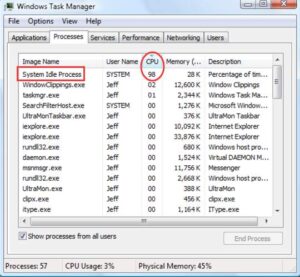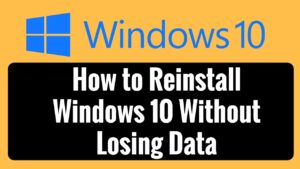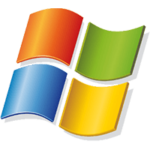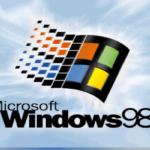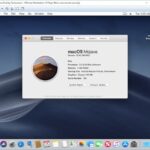Computers are very excellent machines, they are built with power and speed as to provide you with the best user experience. But still, they sometimes run slower and make processing difficult. You are probably so annoyed and are looking for a solution to speed up your computer. Numerous conditions can cause a sluggish computer and knowing which one is causing the trouble is important to make the computer run faster.
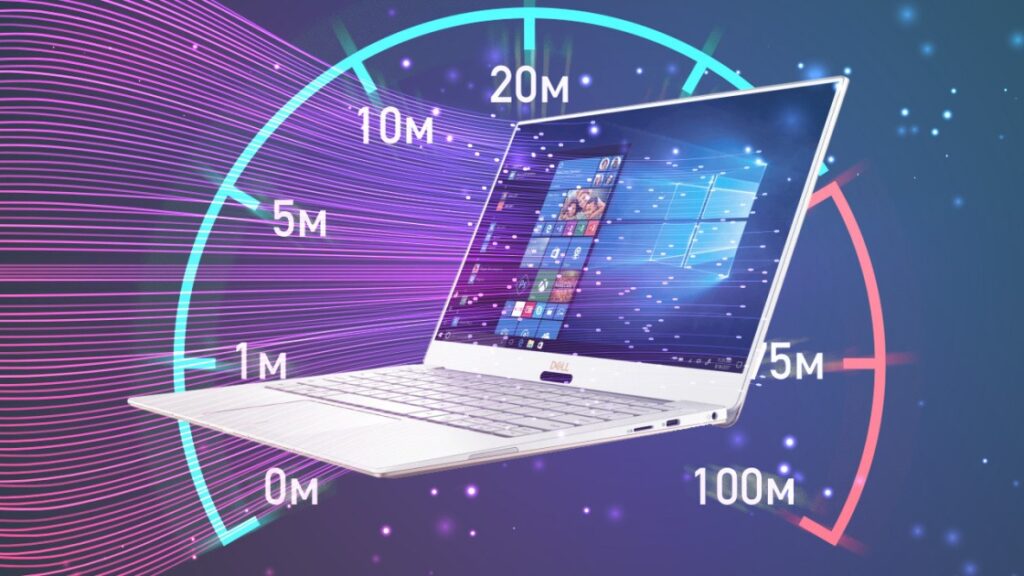
You need to care for the machine that works for you helps solve your problem. Here are some cool tricks that will help you with maintaining your computer and make it function better. You will certainly find the solution for your sluggish computer and will be able to solve it without going through a lot of trouble.
Some way to Increase PC Performance on Windows 10
Here you will find 20 cool tricks and tips to make your computer perform better and run faster, making your user experience better.
Remove unwanted software
Uninstall unused software. When you uninstall some unused software from your computer, you can save some storage and also stop unnecessary use of memory by the unused software.
Restart your Computer
Restarting your computer can sometimes fast up your computer. It’s a simple hack but works efficiently in situations. It stops some background tasks and when the computer starts
Disable Start-up software
Some software activates and slows down while your computer tries to start up, this software will cause a slow start-up and can interfere with the functioning of your computer. You can disable them by:
- Open up settings.
- Under the apps section select start-ups.
- Now choose the start-up impact and turn off them to avoid them starting when your computer boots-up to reduce the load and make it start faster.
- This can be really helpful and can help in boosting the performance of your computer.
Recommended Post:- Transfer Photos from iPhone and iPad to your Windows 10 PC – Complete Process
Clean Up storage
When your computer runs low on storage, you can see your computer slowing down as the RAM struggles to pick up the correct data from the large pile of data stored on the hard-disk. Make cleaning a regular process to keep your computer functioning better and also avoid over-dumping the computer with useless files.
Defragment of your Hard-disk
Defragmentation is a pretty basic and powerful disk management practice, that needs to be done to maintain a good healthy hard-disk. Defragmentation improves the efficiency of the storage and helps in better file processing.
You can defragment your hard-disk by:
- Open up This PC.
- Right-click on the driver and open up properties.
- Select tools option from the properties.
- In the tools section, you will find the option to defragment the drive.
- Once you have defragmented your drives you will see an increase in the efficiency of the storage.
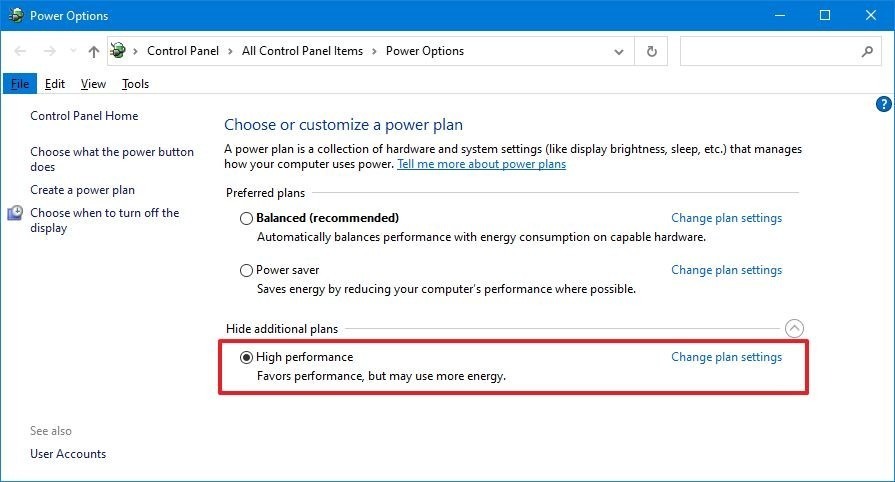
Optimize Virtual Memory
Manage the virtual memory to optimize the device’s performance.
You can optimize the virtual memory by:
- Open up the control panel.
- From the systems tab under the systems and security option, choose the advanced system settings.
- Now, from the advanced option click on the Settings option under the performance.
- Here you can set a custom page size to optimize the paging on your computer.
- This will greatly improve the performance by reducing the load on the RAM.
Disable visual effects and Windows animations
Visual effects and Windows animations will slow down the performance and boost up the sluggishness of the OS. disabling them will help you improve the performance.
To disable the Windows animations and visual effects:
- Open up the control panel.
- From the systems tab under the systems and security option, choose the advanced system settings.
- Now, from the advanced option click on the Settings option under the performance.
- Under the visual effects tab, choose custom and remove most of the animations. Disabling the effects will not hinder the performance but will boost the performance of the computer.
Check for Viruses
A virus can slow down your computer, you can remove viruses and malware with good antivirus software. By using an antivirus you can also protect your computer from threats and safeguard your data efficiently.
If you don’t want to purchase antivirus software, you can use the Windows Defender as antivirus and it functions pretty well.
Restore your computer
Restoring your computer to a previous state can help in optimizing the performance.
When you restore your computer to an older restore point, you could revert some potential processes that could have caused the slowing down of your PC.
You can restore your PC by going to the backup and restore option from the control pannes.
Repair Windows Image file
Any corrupt Windows file can cause sluggishness.
You can easily repair them by using the command prompt.
- Open up the command prompt.
- Enter this command DISM /Online /Cleanup-image /Restorehealth to check for corrupt Windows files.
Use the SFC to find errors in installation files
Error in the installation files can slow down your computer.
- Open up the command prompt and enter this command sfc /scannow.
- Running this command will fix errors with the installation files.
Reset your computer
Resetting the computer will help remove some problematic files that were causing trouble and were responsible for slowing down the computer.
Backup all the files before you reset your computer to avoid data loss.
You can reset your computer by:
- Go to settings.
- Open up the update and security option.
- Select the recovery option and reset your computer by clicking on the get started option under reset.
Update drivers
Driver software is very essential for the functioning of your computer. You need to update them to the latest version to run them efficiently.
You can easily update the drivers by:
Open up the device manager and select the device you want to update. This operation will automatically find the driver software from the internet or the computer and the update will be done.
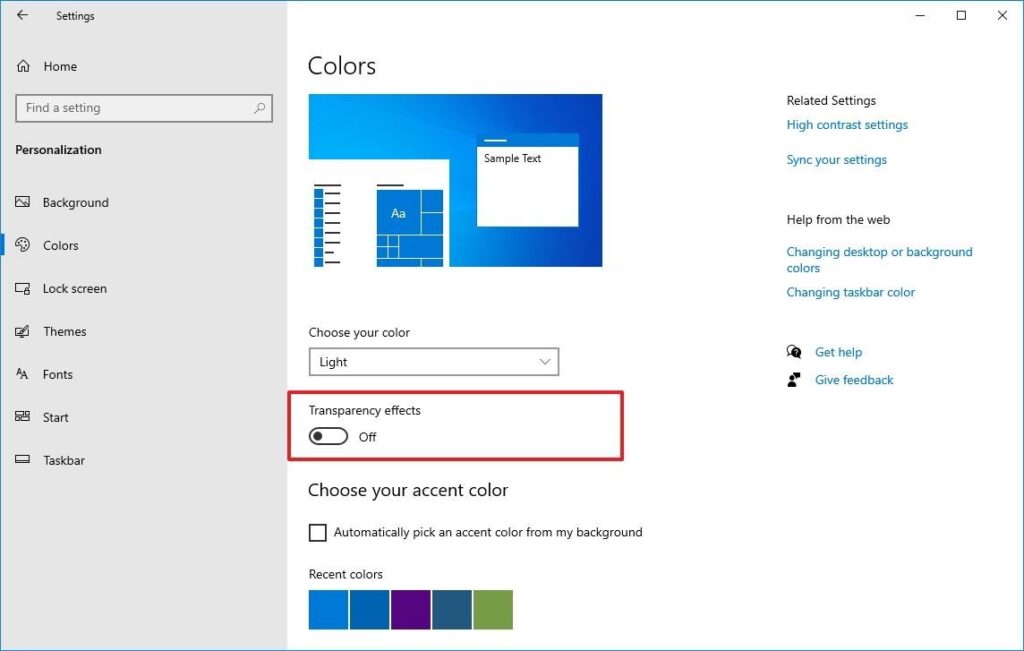
Add up some Memory
If your motherboard has an extra RAM slot, you can find compatible RAM and add it to your computer. This will drastically improve the performance of your computer.
Use cleaning software
Cleaning software is very powerful and can help with device maintenance. Using them regularly can help in optimizing the performance of the computer.
Troubleshoot errors
You can use Windows troubleshooters to troubleshoot errors and problems related to certain functions. Troubleshooting will fix the problem and help in optimizing the computer.
Optimize battery
Hoose the best performance mode from the Power options. This is a bit battery-consuming but will work fine when high-performance is needed.
Optimize your browser
Remove unused extensions from browsers, try not opening too many tabs as the RAM gets used up by using many tabs, which can slow down the computer.
Avoid multitasking
If you find your computer to be a low-end computer, avoid multitasking as the process might slow down everything you are doing.
Allow some cooling period
Don’t overexert your computer. Use your computer in a cool place or give some time for it to cool down. Heating issues can cause dysfunction. Cooling down a cit can help in reducing the burden on the computer.
All the tricks and tips shared above are tested and functioning methods, you can efficiently optimize your computer by using these tricks and tips, hoe the information provided above was useful and you were able to fast up the performance of your computer.

